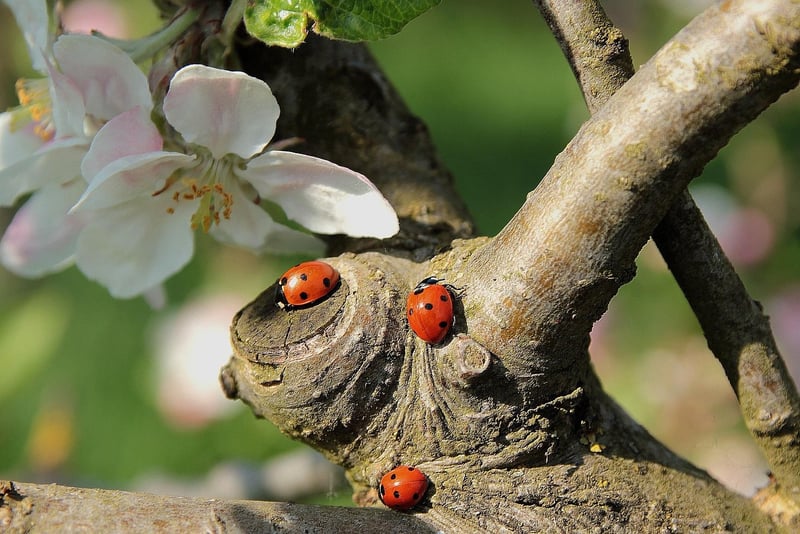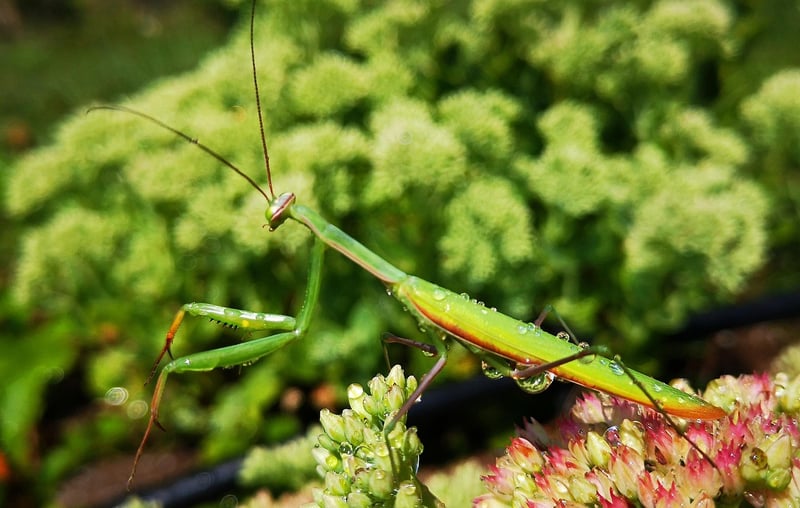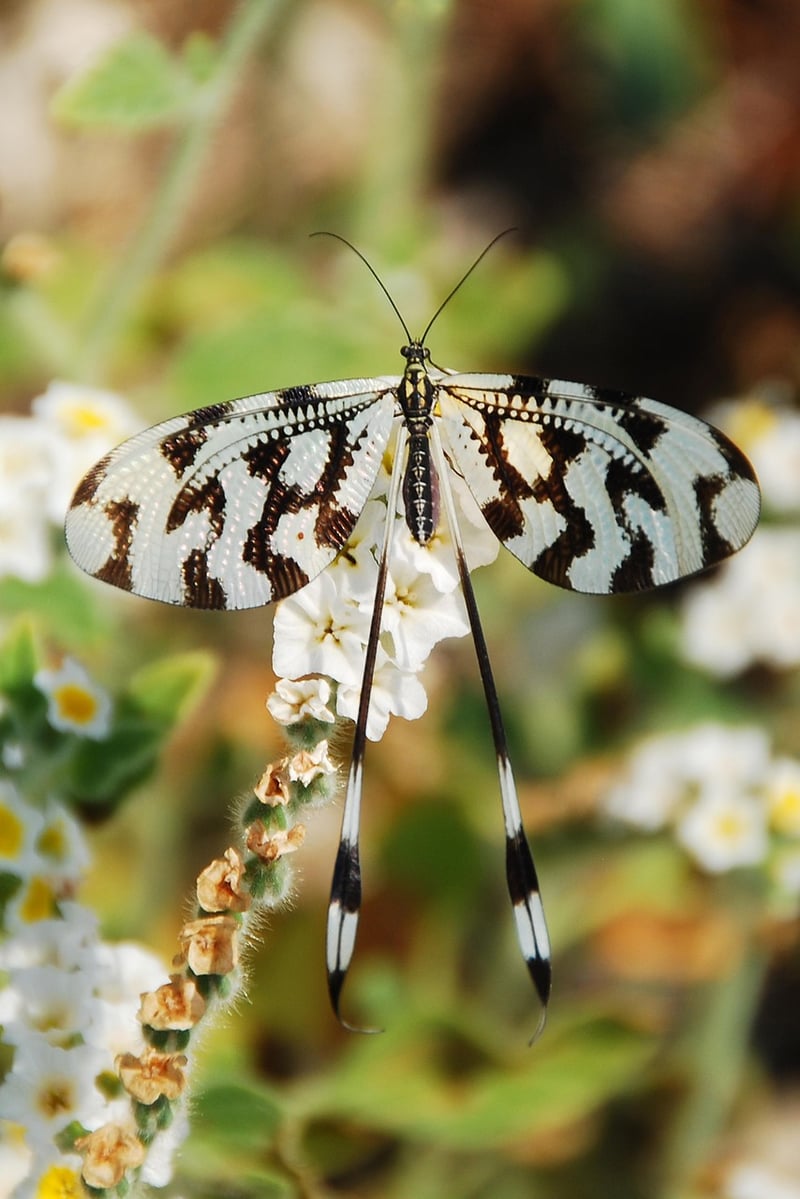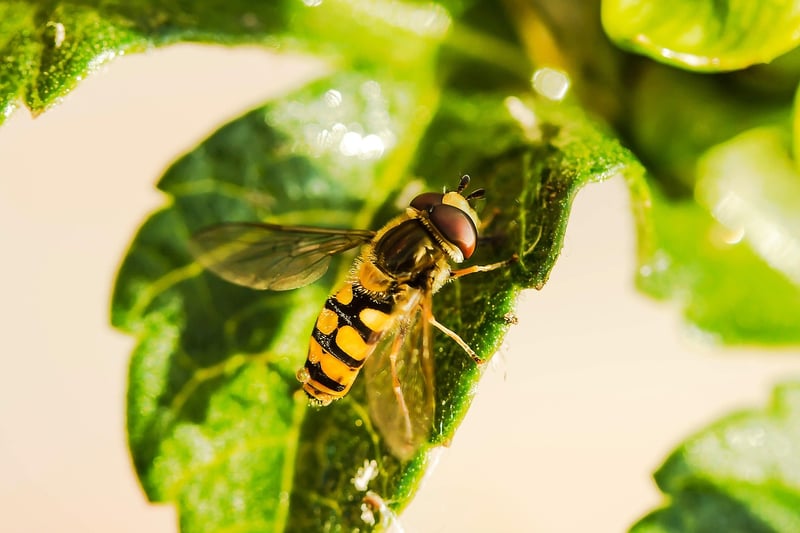Beneficial Insects
Protecting Your Plants with Beneficial Insects
When it comes to gardening, keeping your plants healthy and thriving is a top priority. While pesticides can be effective against harmful insects, they can also have negative effects on beneficial insects and the environment. One natural and eco-friendly way to protect your plants is by attracting and supporting beneficial insects in your garden.
What are Beneficial Insects?
Beneficial insects are insects that prey on or parasitize pest insects, helping to control their populations naturally. By attracting these helpful bugs to your garden, you can reduce the need for chemical pesticides and promote a healthy, balanced ecosystem.
Common Beneficial Insects
- Ladybugs: These colorful beetles feed on aphids, mealybugs, and other soft-bodied insects.
- Praying Mantis: Known for their voracious appetite, praying mantises eat a wide variety of insect pests.
- Lacewings: The larvae of lacewings consume aphids, thrips, and other small insects.
- Hoverflies: Also called flower flies, hoverflies feed on aphids and other soft-bodied pests.
Attracting Beneficial Insects
To attract beneficial insects to your garden, consider planting a diverse range of flowering plants that provide nectar and pollen. Some good options include marigolds, lavender, fennel, and dill. Avoid using broad-spectrum pesticides that can harm beneficial insects along with pests.
Creating Habitats for Beneficial Insects
Provide shelter and nesting sites for beneficial insects by incorporating features like hedgerows, rock piles, and insect hotels in your garden. These habitats offer protection from predators and harsh weather conditions, encouraging beneficial insects to stick around.
Conclusion
By harnessing the power of beneficial insects, you can protect your plants from pest damage in a natural and sustainable way. Encouraging a diverse ecosystem in your garden not only benefits your plants but also contributes to the overall health of the environment. So, next time you spot a ladybug or a praying mantis in your garden, remember that they are nature's own pest control agents working hard to keep your plants safe and healthy.




For more information on beneficial insects and natural pest control, visit Gardening Know How.
